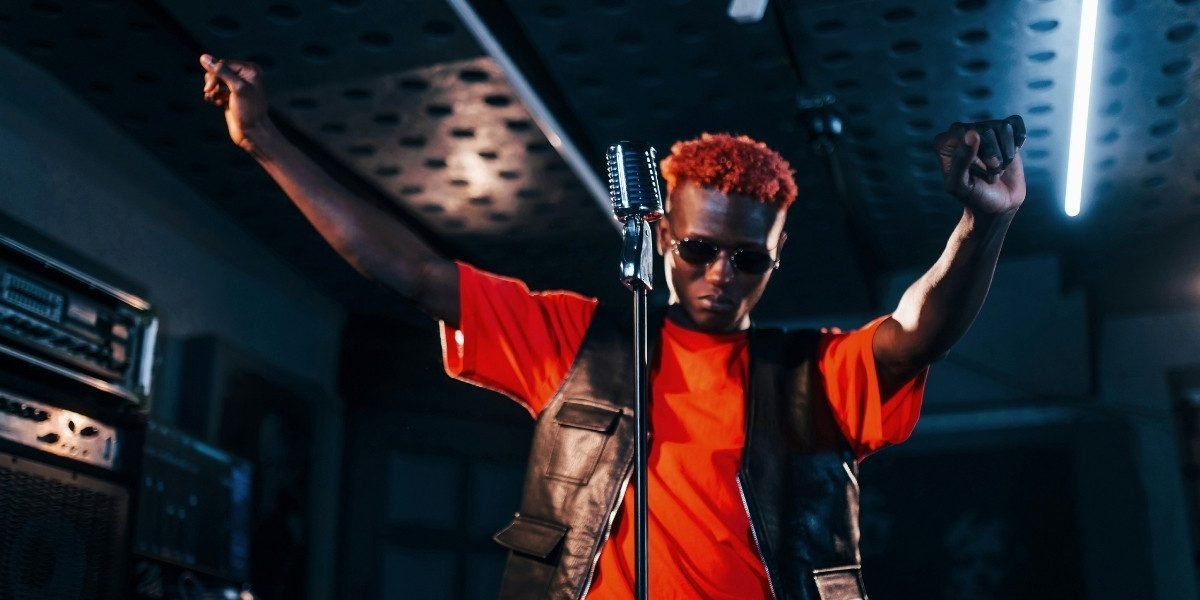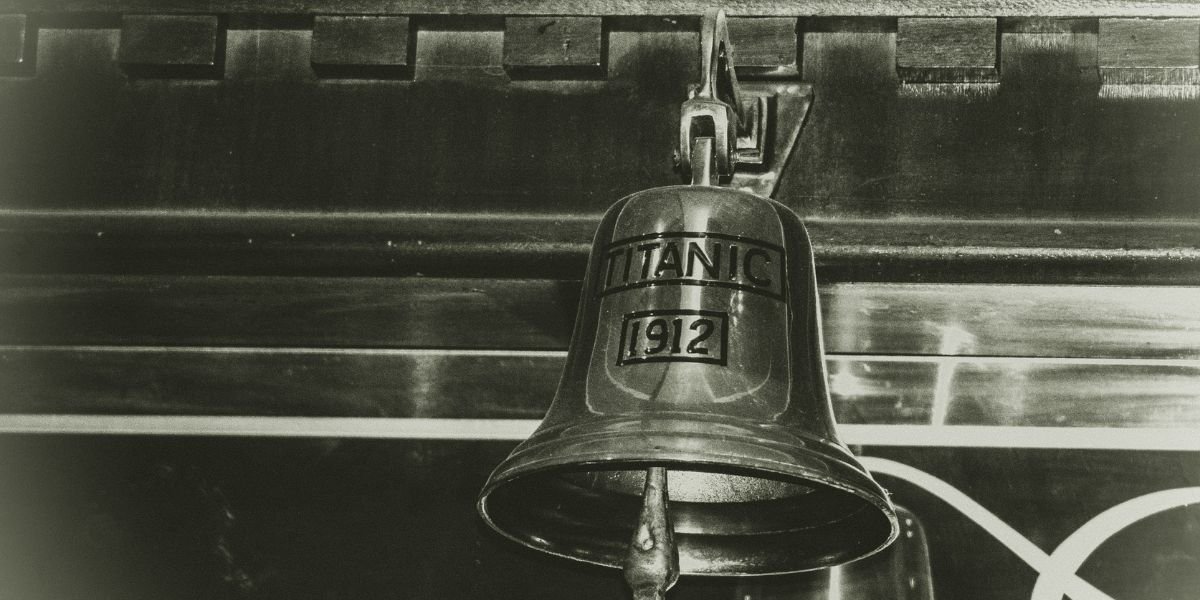What Defines the Future of Black Music Today?
The future of Black music is unfolding in real time, shaped by genre-blending creativity, global influences, and new platforms that redefine how music is made and heard. Black artists have always been pioneers—innovating across jazz, hip-hop, soul, R&B, and beyond. Today’s emerging sounds reflect that same spirit of evolution, but with a twist. They build upon legacy while boldly carving out fresh sonic spaces that speak to new realities.
The future isn’t about replacing what came before. It’s about adding new layers. And right now, Black musicians are doing that with remarkable clarity, authenticity, and bold experimentation.
Read Also: Celebrating Black Excellence in Figure Skating
How Are Artists Pushing Genre Boundaries?
One of the defining elements of the future of Black music is its refusal to stay within one lane. Genre is becoming fluid. Artists aren’t just shifting between styles—they’re blending them. The result is music that feels unfiltered, innovative, and deeply personal.
Take artists who fuse trap rhythms with gospel harmonies, or those mixing electronic textures with afrobeat, spoken word, and jazz improvisation. These combinations aren’t forced—they feel natural. They reflect lived experiences, cultural heritage, and a desire to tell stories in new ways. Instead of choosing between genres, today’s Black musicians are creating entirely new ones.
This openness has also given rise to more instrumental experimentation. Synths, traditional African percussion, and vintage analog sounds might all appear on the same track. The effect is a layered and unpredictable soundscape that breaks away from commercial templates.
How Do Digital Platforms Shape the Next Generation?
The rise of streaming, social media, and DIY production has democratized music creation. For artists shaping the future of Black music, that means direct access to global audiences, without the gatekeeping of traditional record labels. Platforms like SoundCloud, Bandcamp, TikTok, and YouTube have become launchpads for new voices and underground movements.
These tools also allow for raw experimentation. An artist can post a demo today, go viral tomorrow, and release a polished EP next week—all without leaving their home studio. This shift empowers creators to release music that’s unfiltered by trends or commercial expectations.
The connection between artists and fans is also more immediate. Feedback loops are fast, collaborations cross continents, and viral moments often come from authenticity, not marketing campaigns. As a result, the sounds shaping the future are more diverse, more intimate, and more connected to real-world experiences.
What Role Does Cultural Heritage Play in Emerging Sounds?
Even as music evolves, the roots remain. The future of Black music continues to draw from deep wells of cultural memory. Whether it’s the pulse of afrobeat, the harmonies of gospel, or the storytelling traditions of blues, emerging artists are reinterpreting legacy elements through modern frameworks.
This approach isn’t nostalgic. It’s respectful and forward-thinking. Sampling has evolved into cultural remixing, where older forms aren’t just referenced—they’re recontextualized. A rhythm from a Nigerian folk song might appear in a futuristic R&B ballad. A soul melody from the ’70s might anchor a lo-fi hip-hop track.
These choices honor the past without being bound by it. They create continuity between generations, keeping tradition alive while expanding what Black music can mean in the modern era.
How Is Global Influence Reshaping Black Music?
The sound of Black music has never been confined to borders. But in the digital age, its global dimension is more visible than ever. African artists are gaining prominence on international stages. Caribbean rhythms are flowing into pop charts. Diaspora connections are sparking collaborations across continents.
This global exchange is adding new depth to the future of Black music. Languages, instruments, and production techniques from different cultures are merging in unexpected ways. An R&B song might feature Nigerian pidgin. A rap track might lean into Brazilian funk rhythms. These fusions reflect both personal identity and the larger, interconnected Black experience.
Rather than competing styles, these cross-cultural elements are being woven together into seamless new sounds. They reflect a generation of artists raised on playlists, not record stores—where boundaries blur and inspiration travels fast.
What Challenges Must Emerging Artists Navigate?
The future holds promise, but also pressure. With constant exposure and fast-paced releases, artists must find ways to remain grounded. There’s a fine line between staying relevant and staying true to one’s voice. The pressure to go viral can sometimes clash with the desire to create meaningful work.
For emerging Black artists, there’s also the ongoing need to advocate for ownership, fair compensation, and proper credit. The industry still carries imbalances—especially when it comes to who controls the platforms, profits, and narratives. Ensuring that the next wave of innovation benefits the creators behind it is essential to sustaining growth.
As conversations around equity, mental health, and creative freedom continue, artists are becoming more vocal about the kind of future they want to build—not just for themselves, but for the culture as a whole.
Read Also: Nevada’s New Guard: Why Young CEOs Are on the Rise
What Will Define the Future of Black Music Moving Forward?
If there’s one word that defines the future of Black music, it’s possibility. There are no set paths, no fixed formulas. What exists is a wide-open field of creative potential, shaped by history, amplified by technology, and driven by fearless voices.
Tomorrow’s sounds may be softer or louder, rooted or experimental, but they will carry the imprint of lived Black experience. They will continue to speak truth, challenge systems, and inspire movement—just as they always have.
In that way, the future is already here. And it’s still unfolding—beat by beat, voice by voice.








